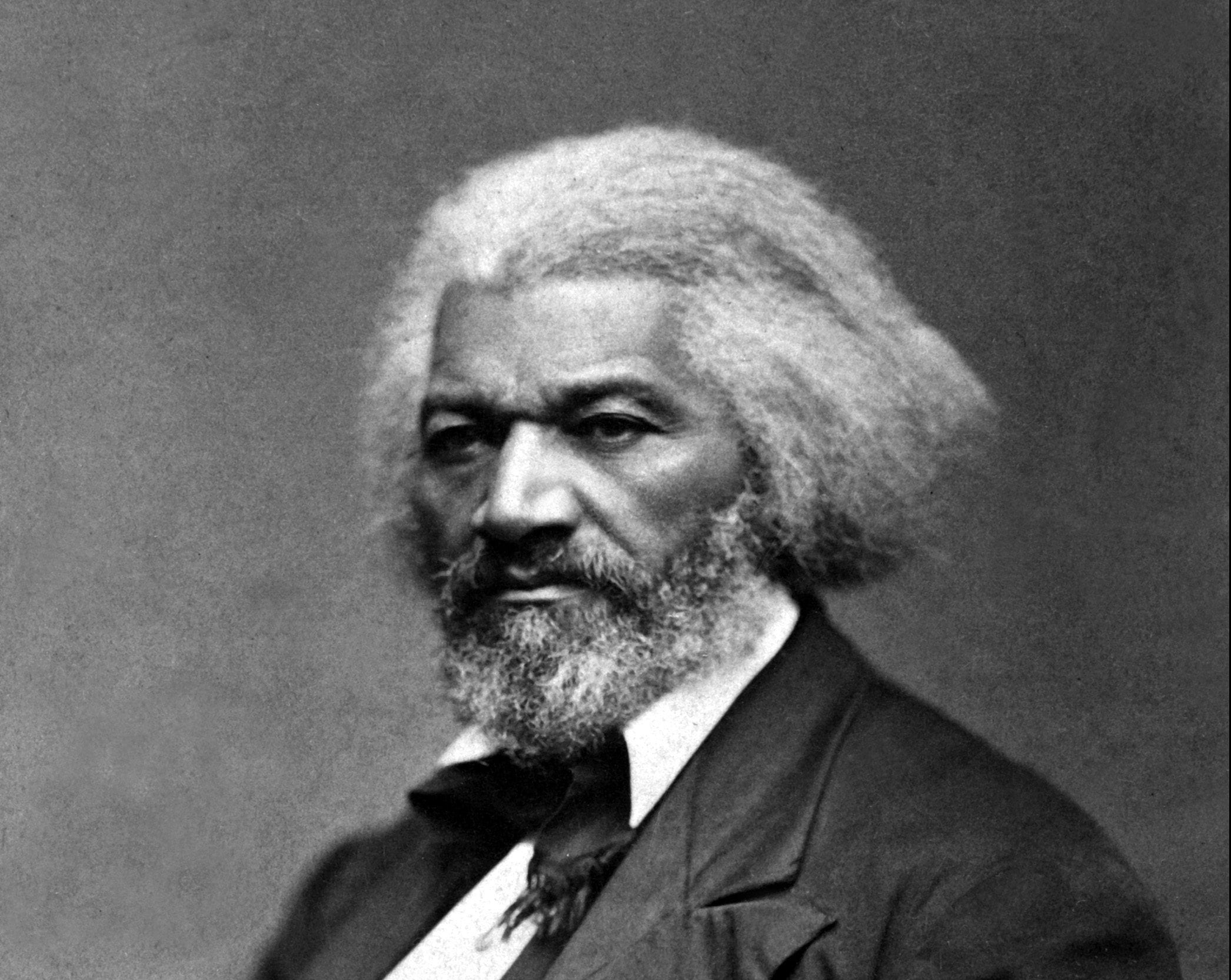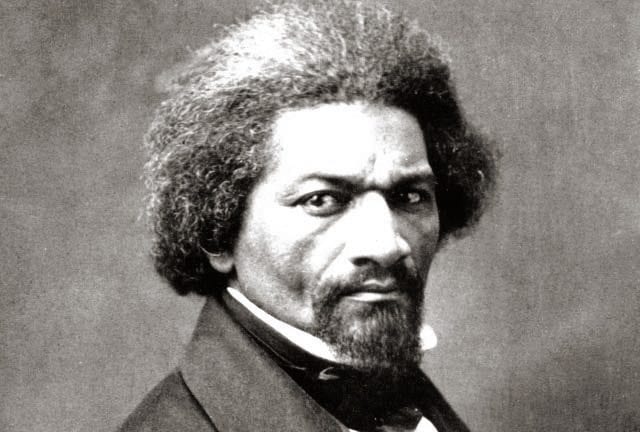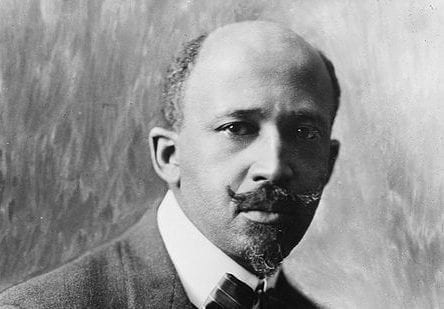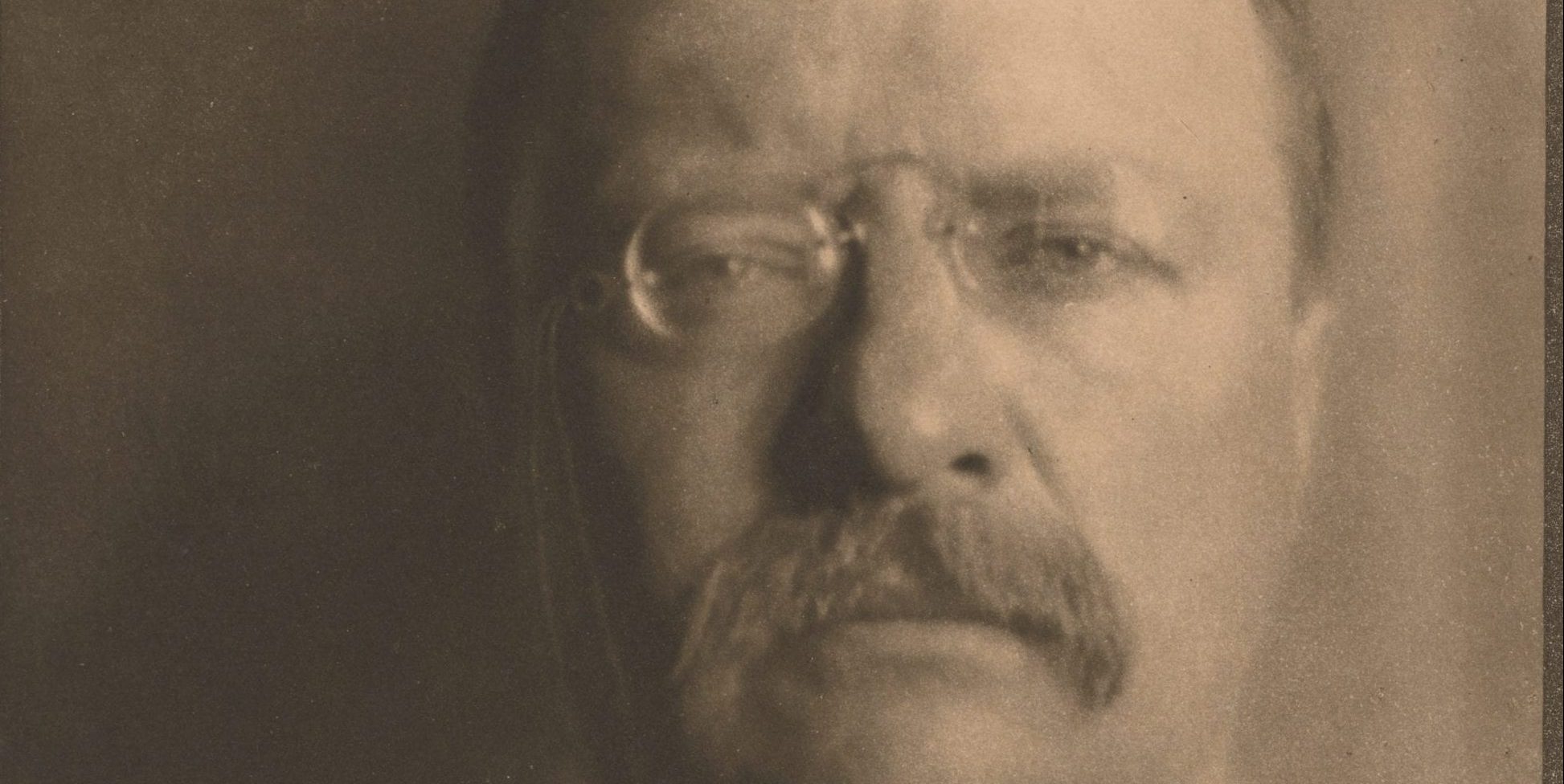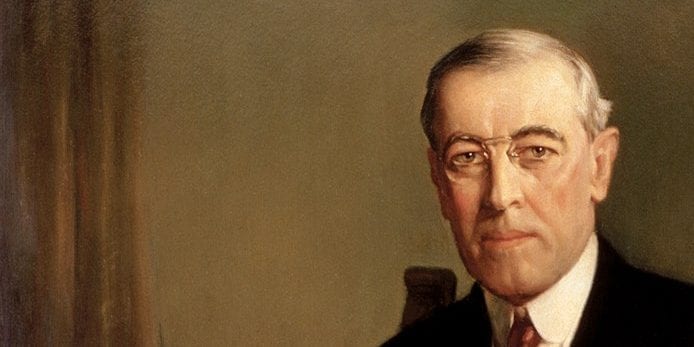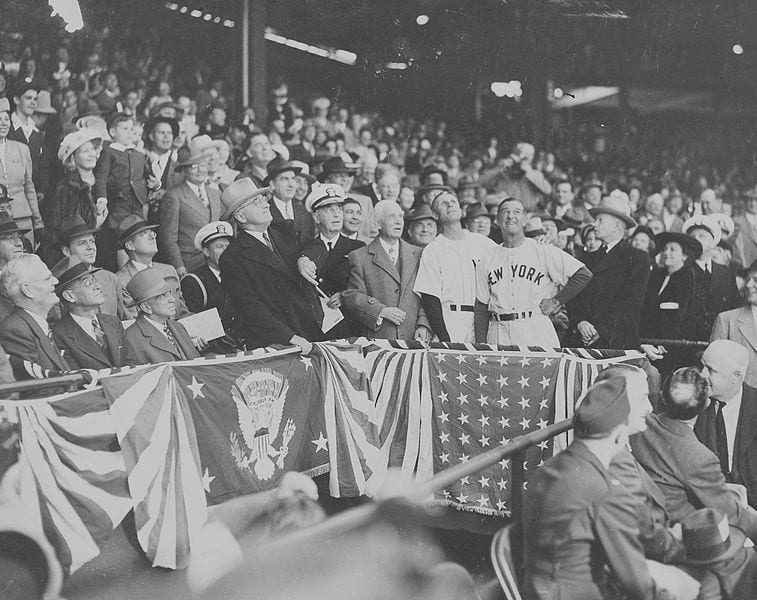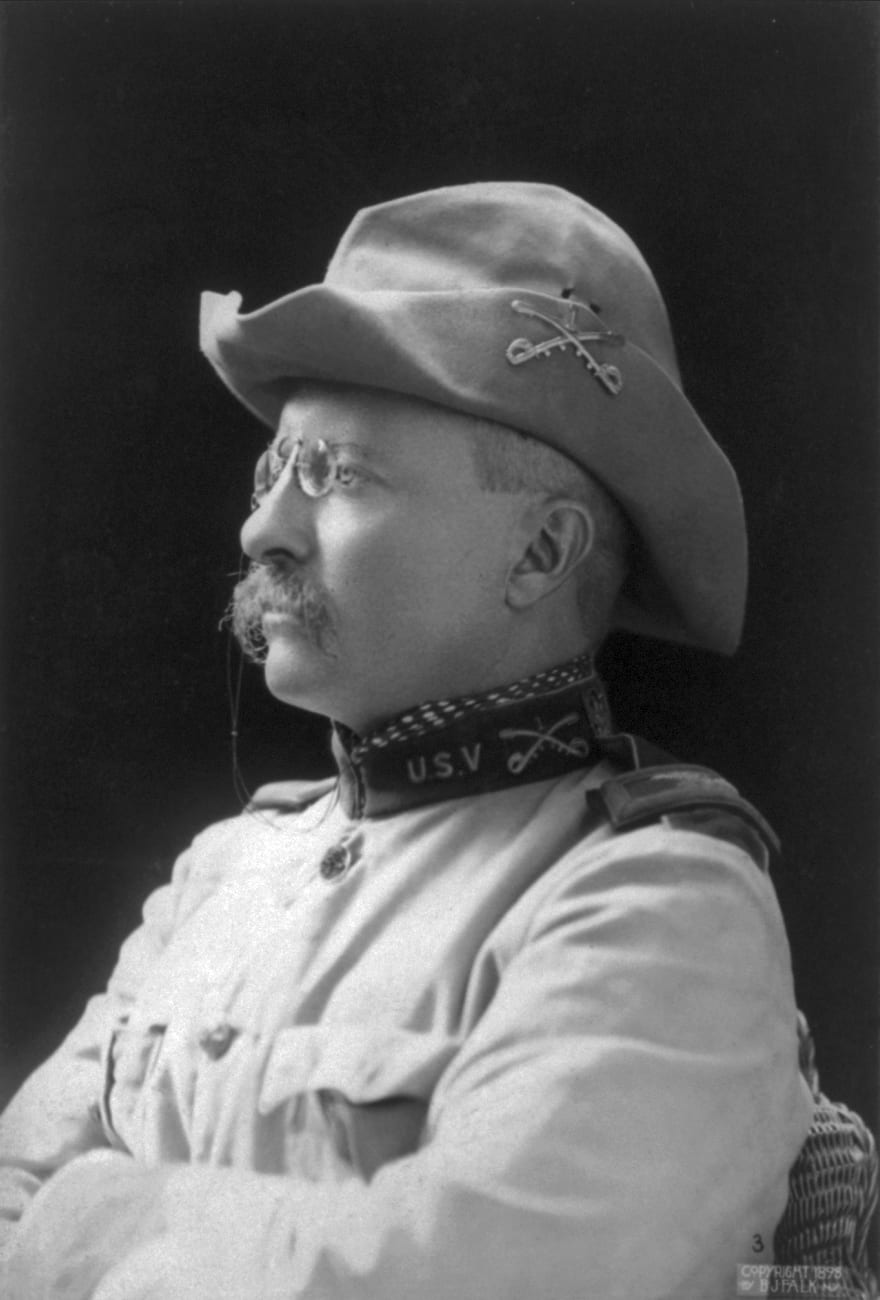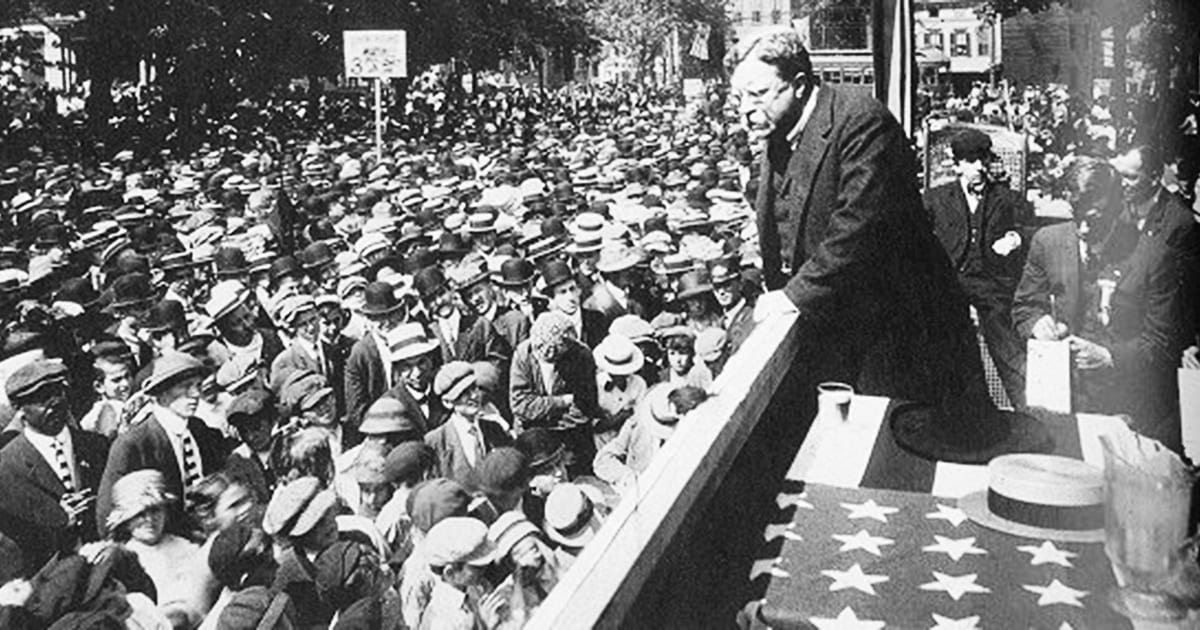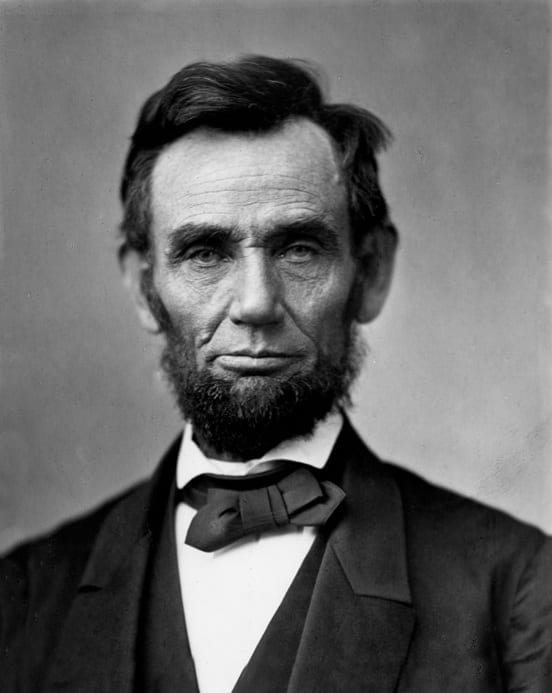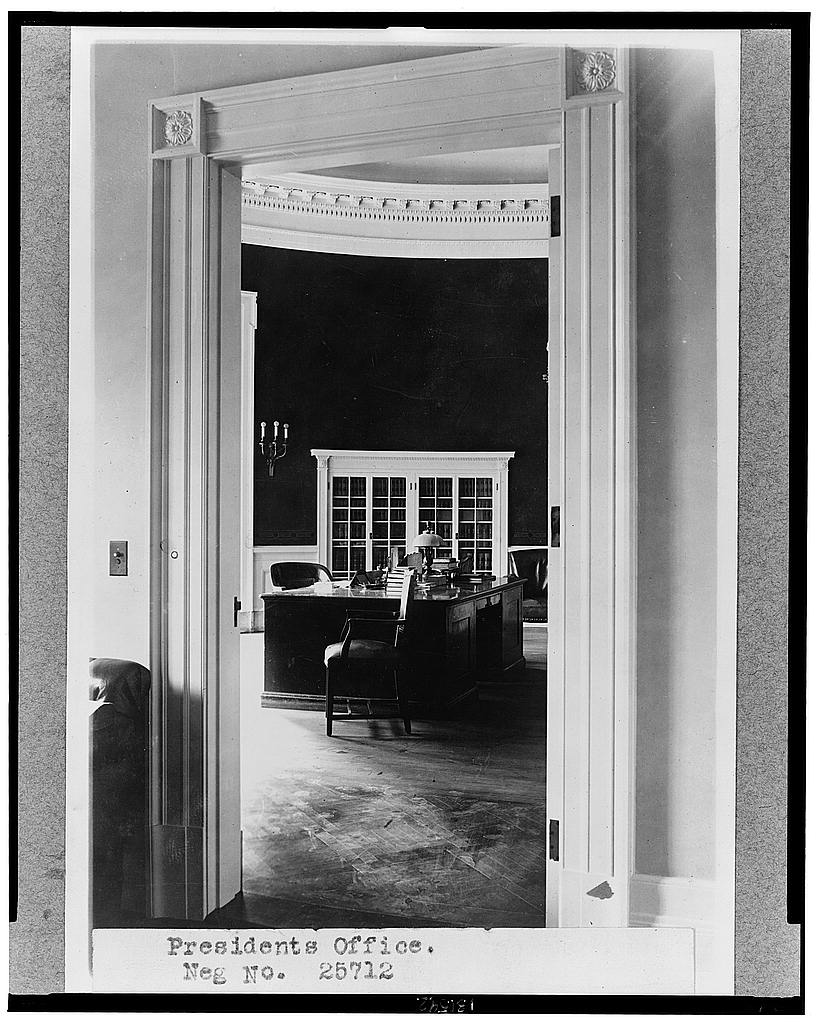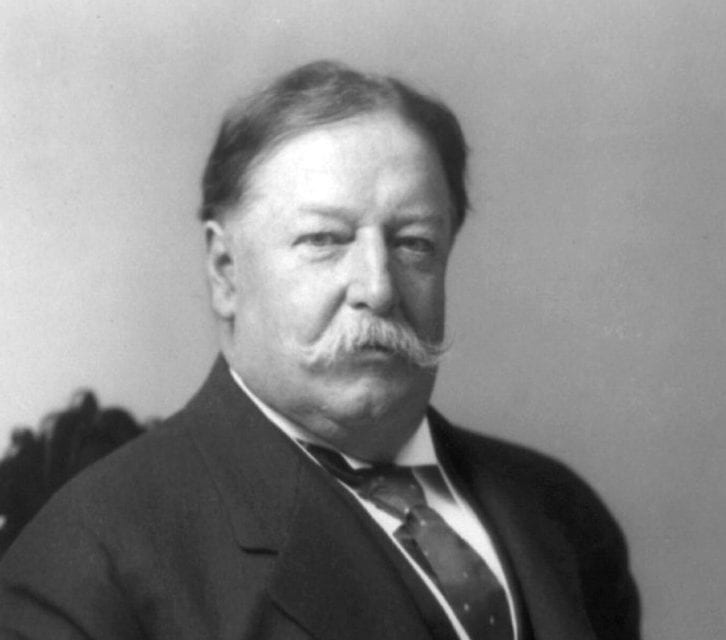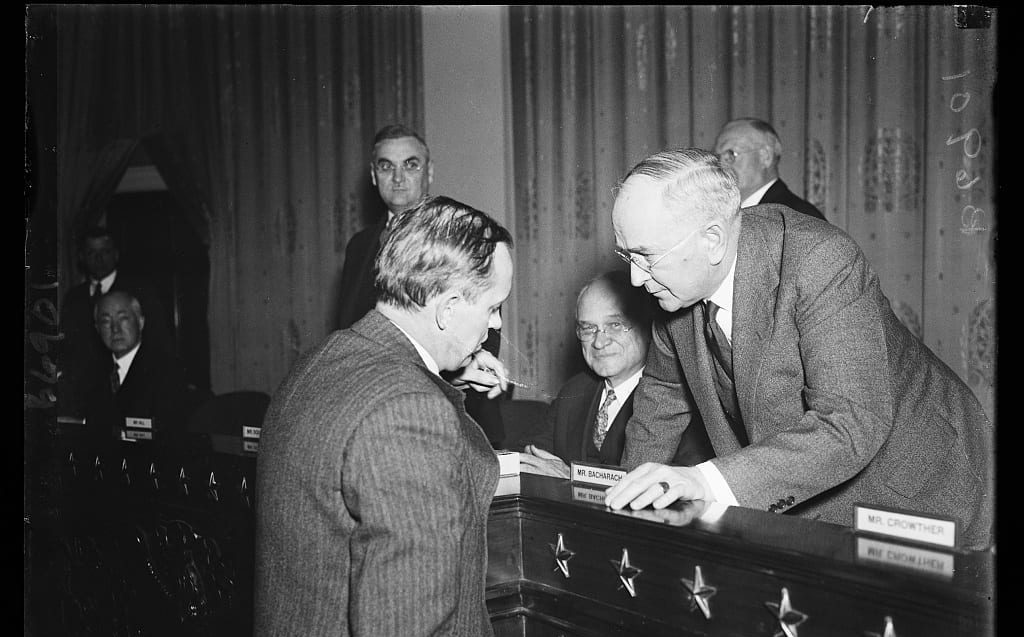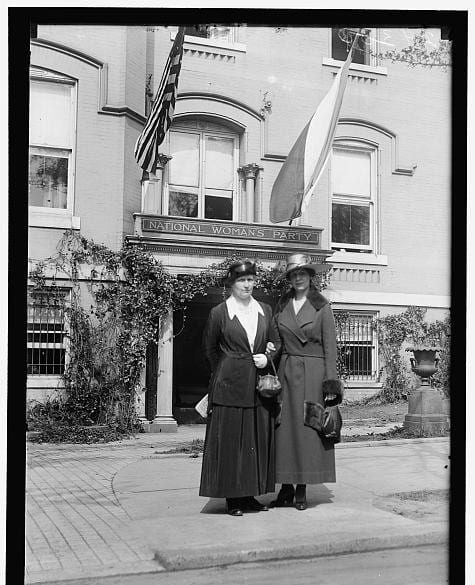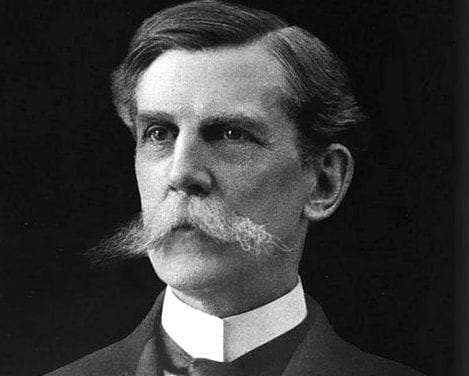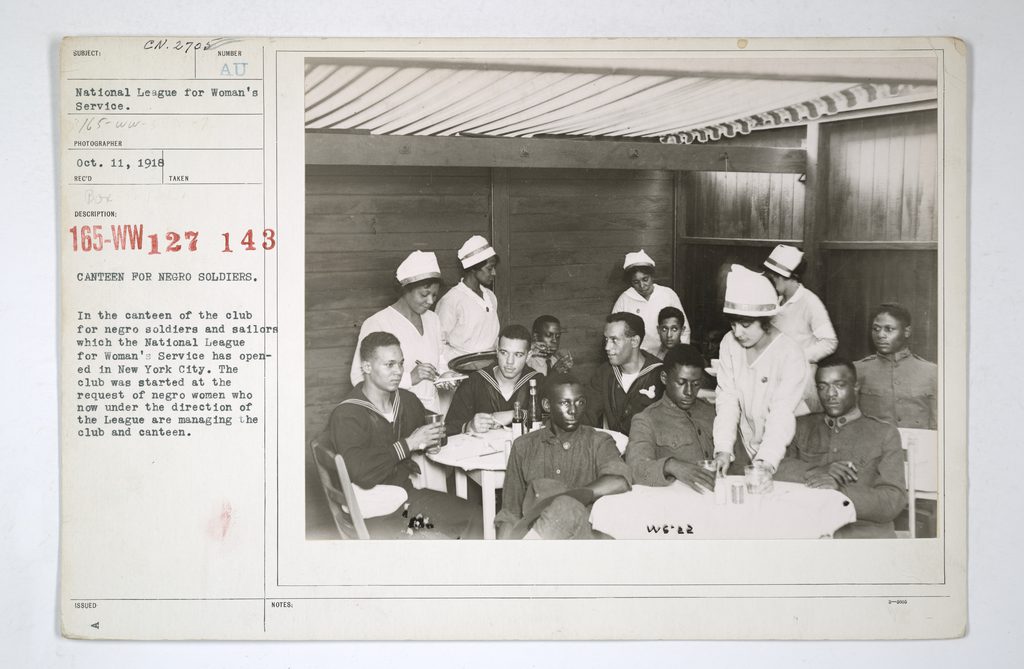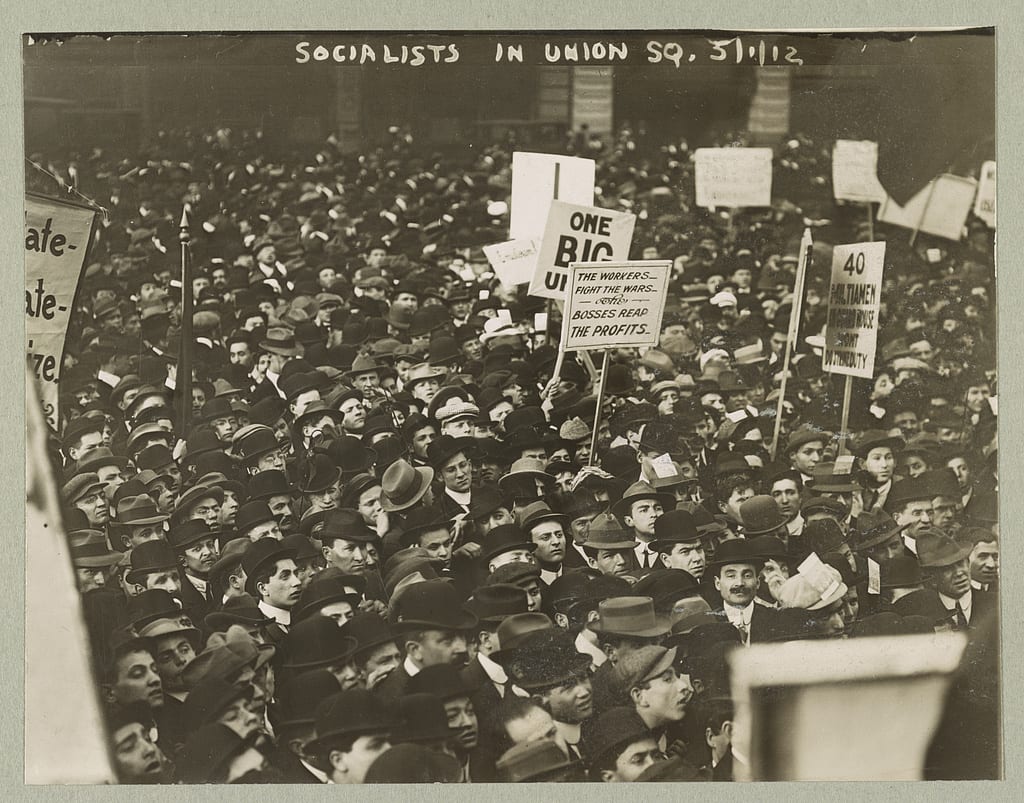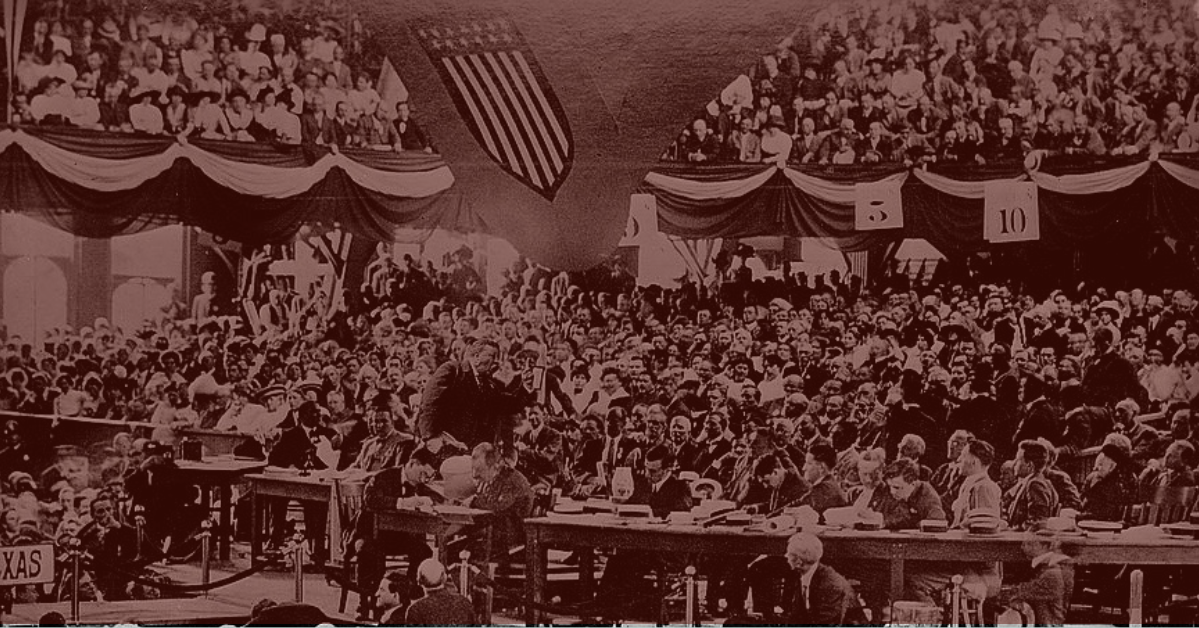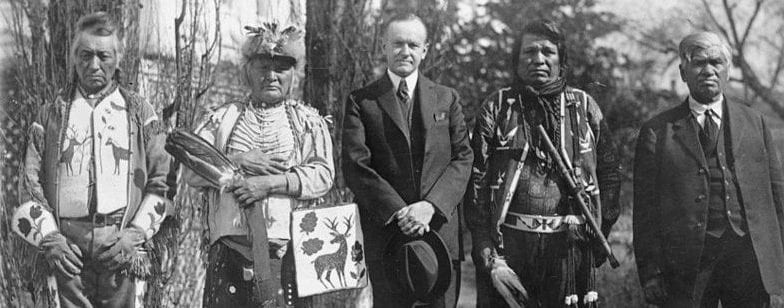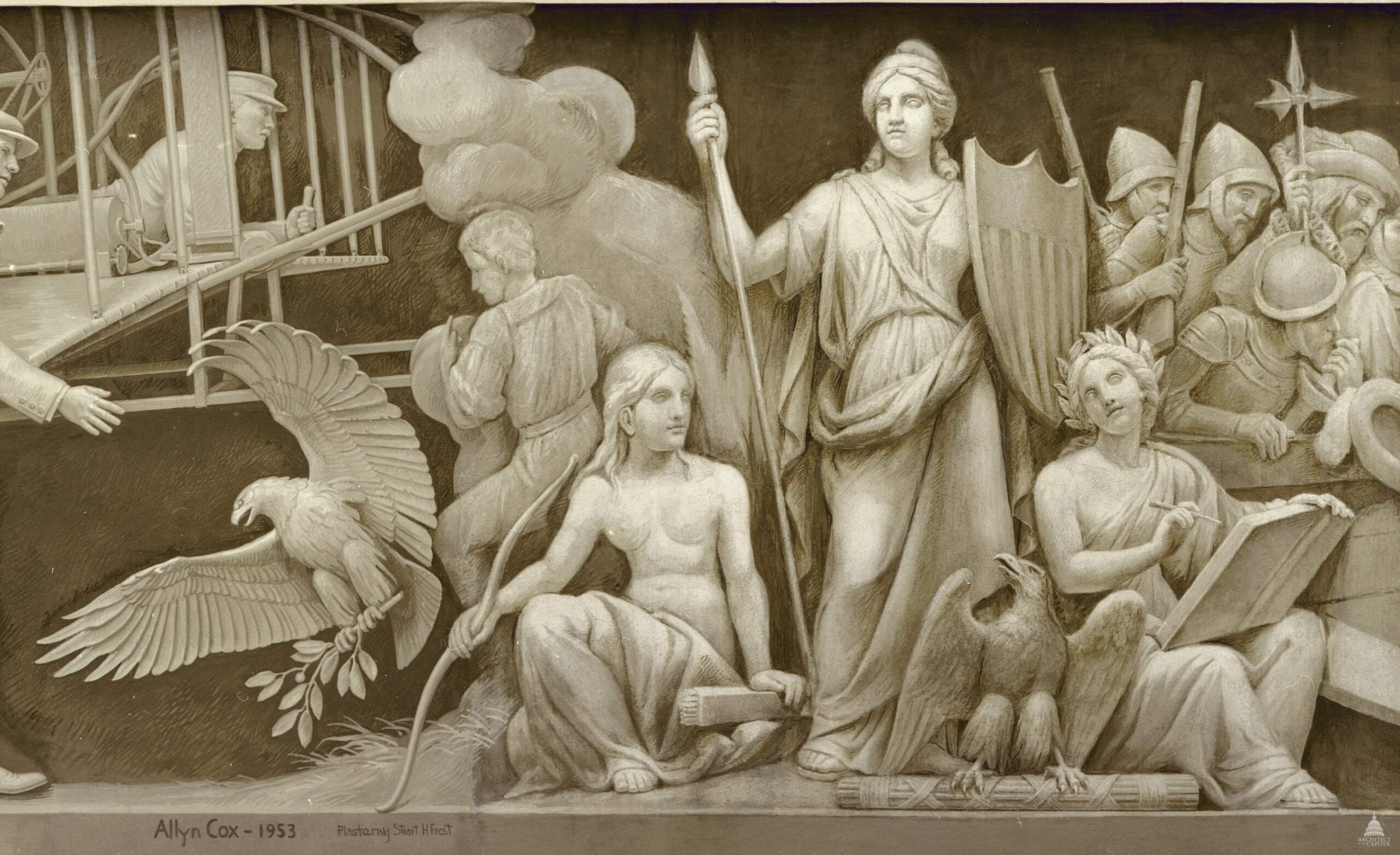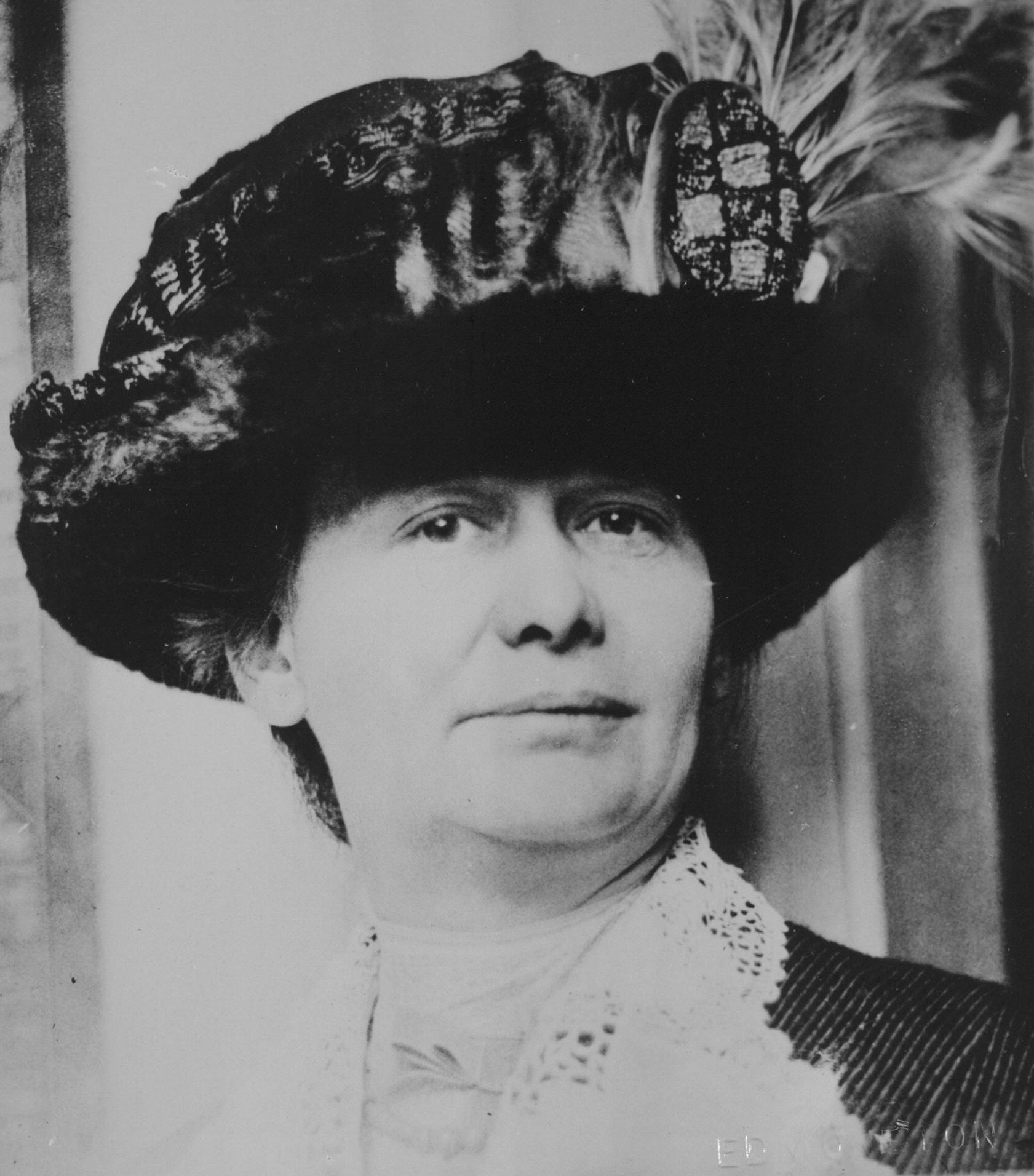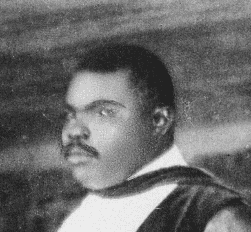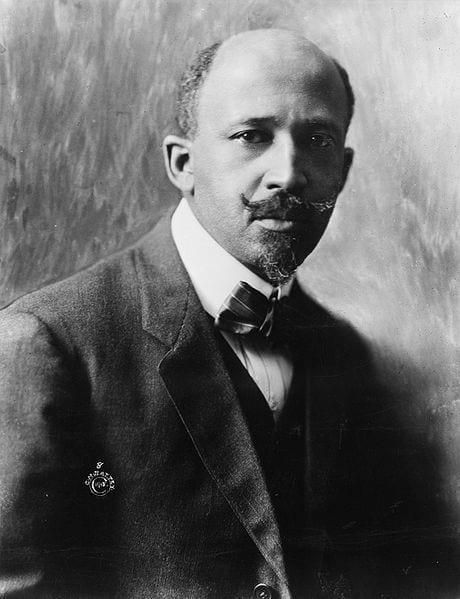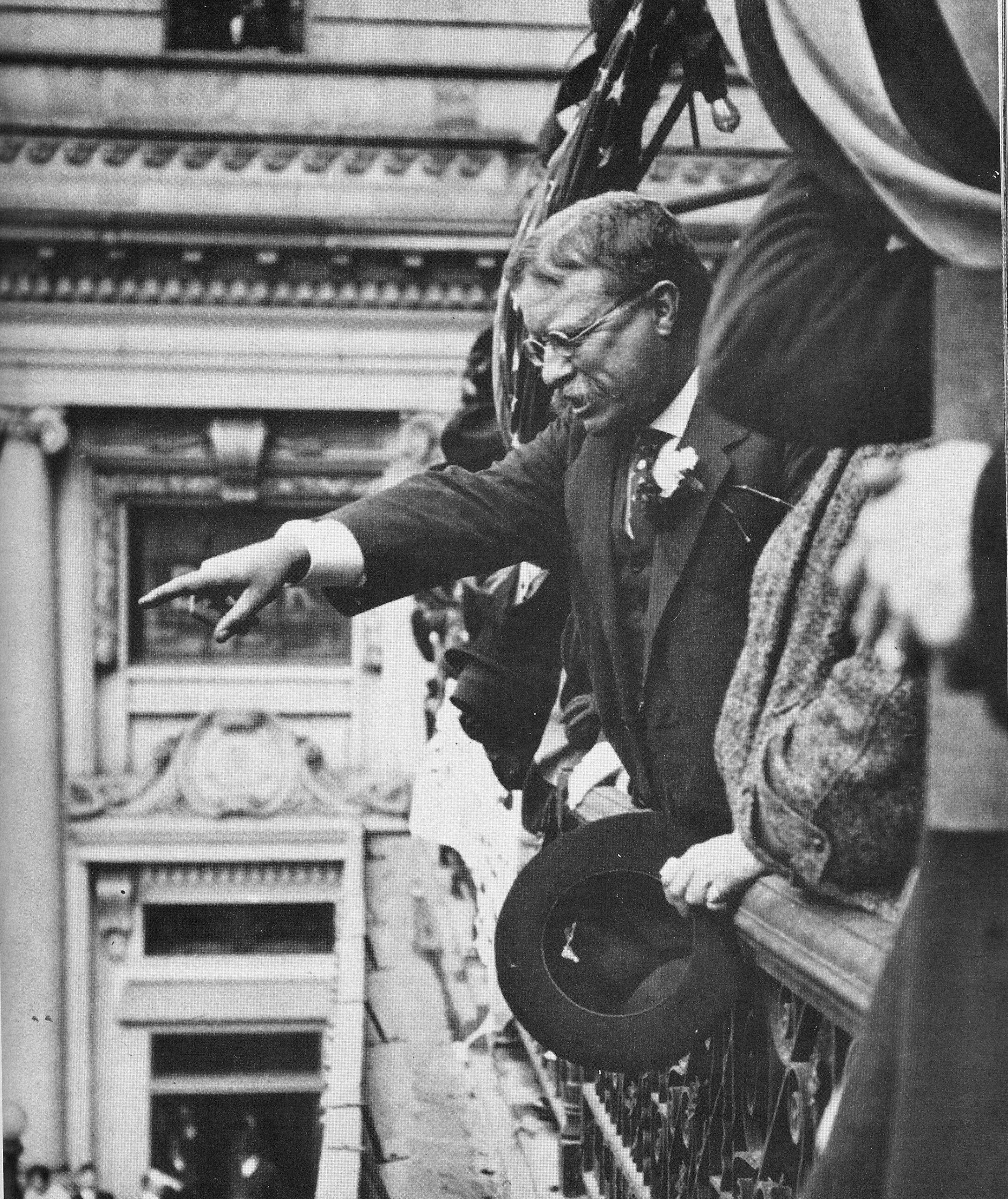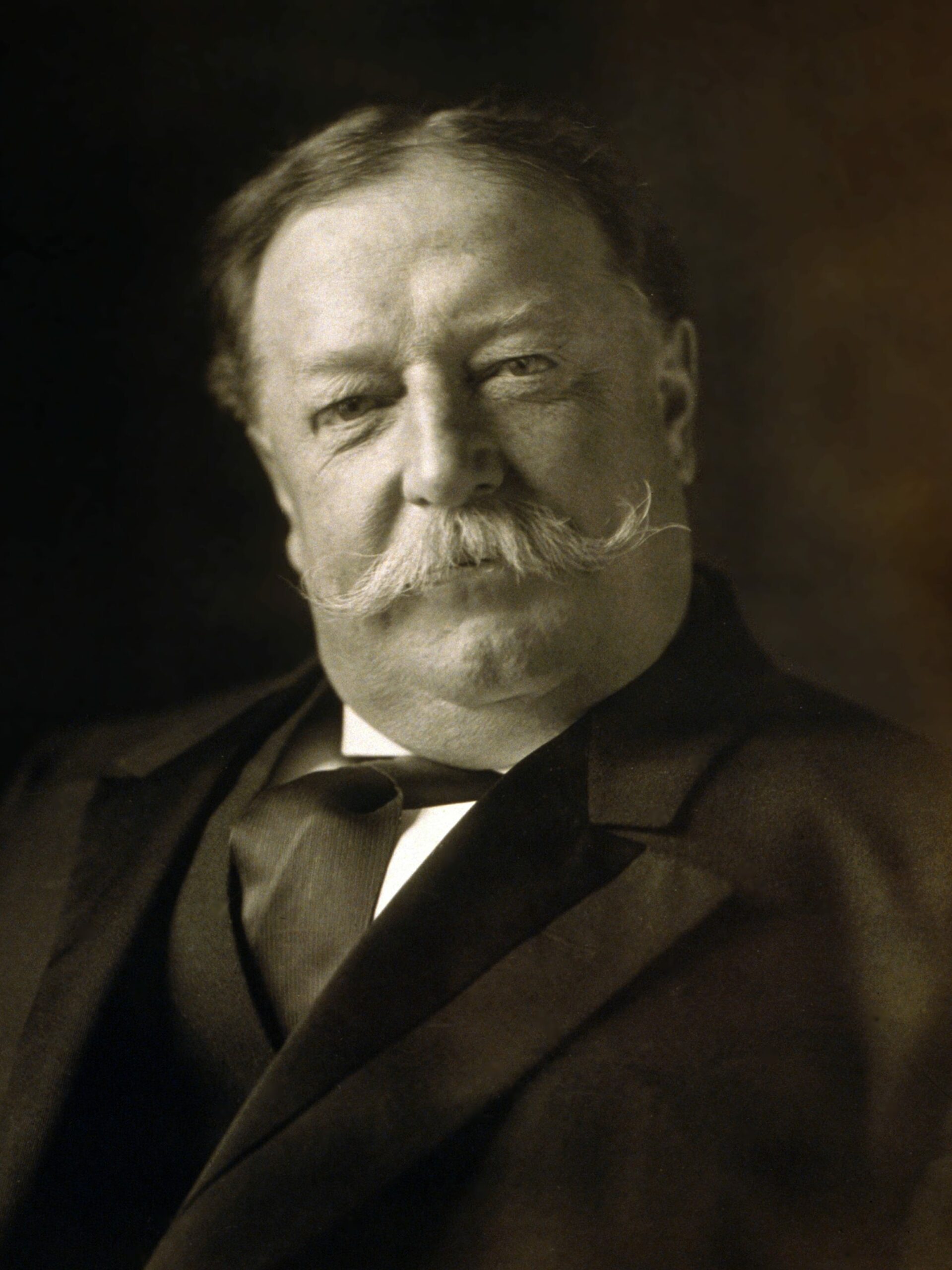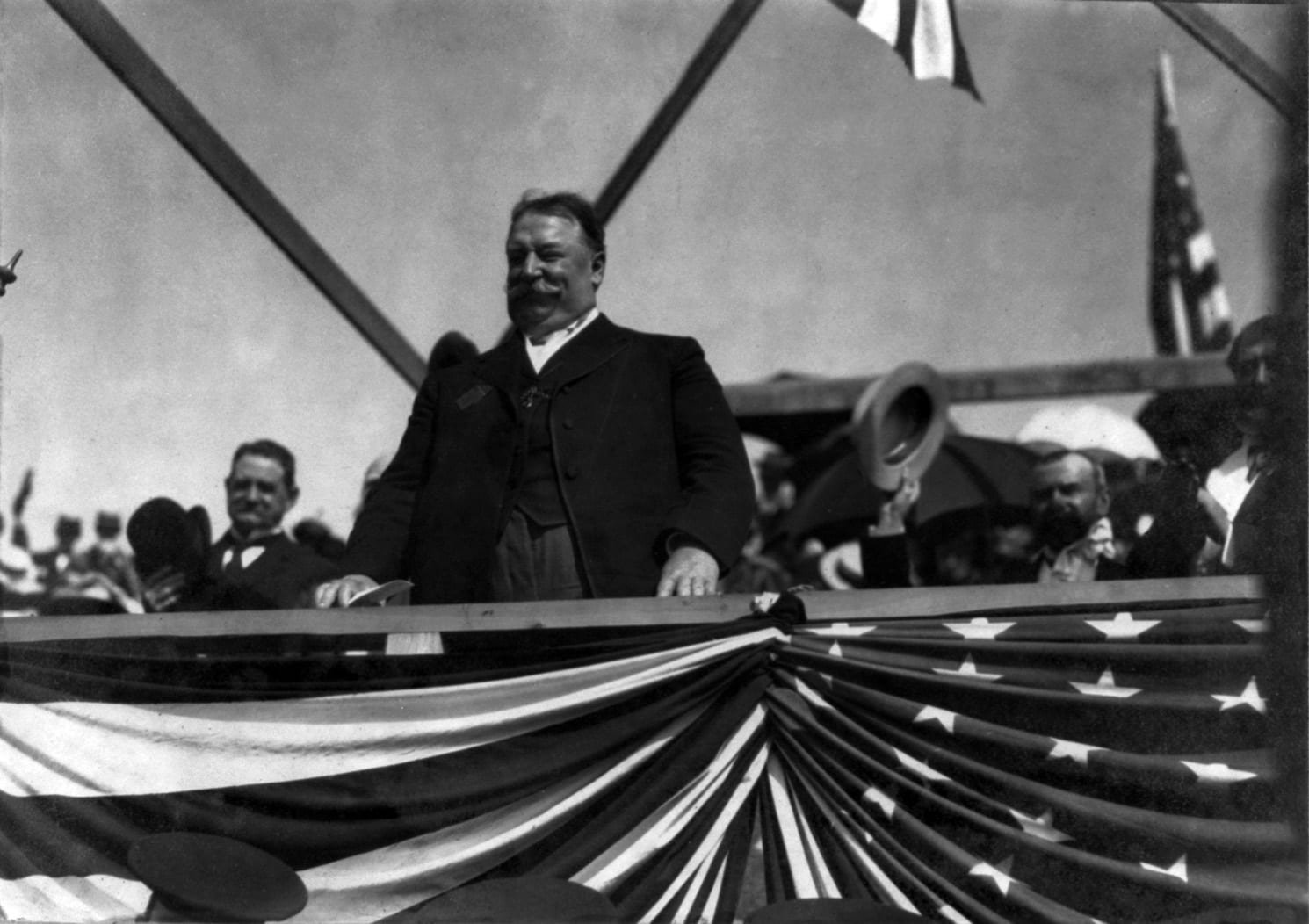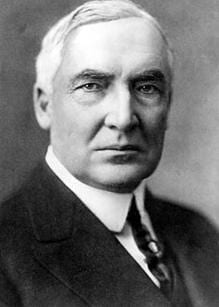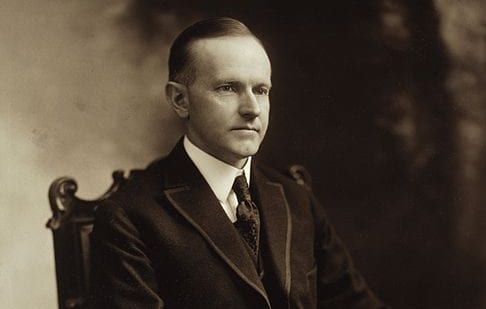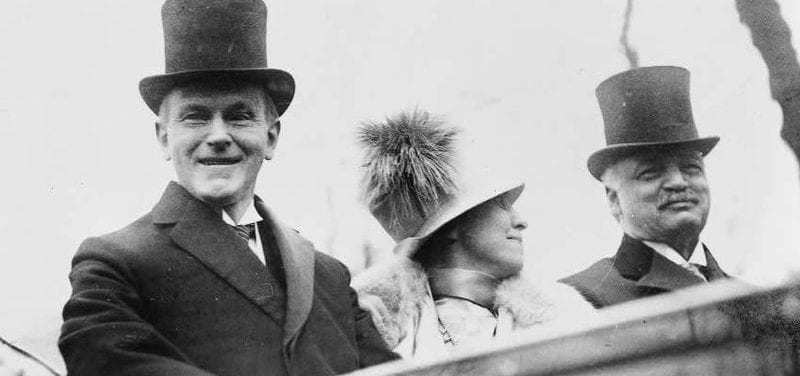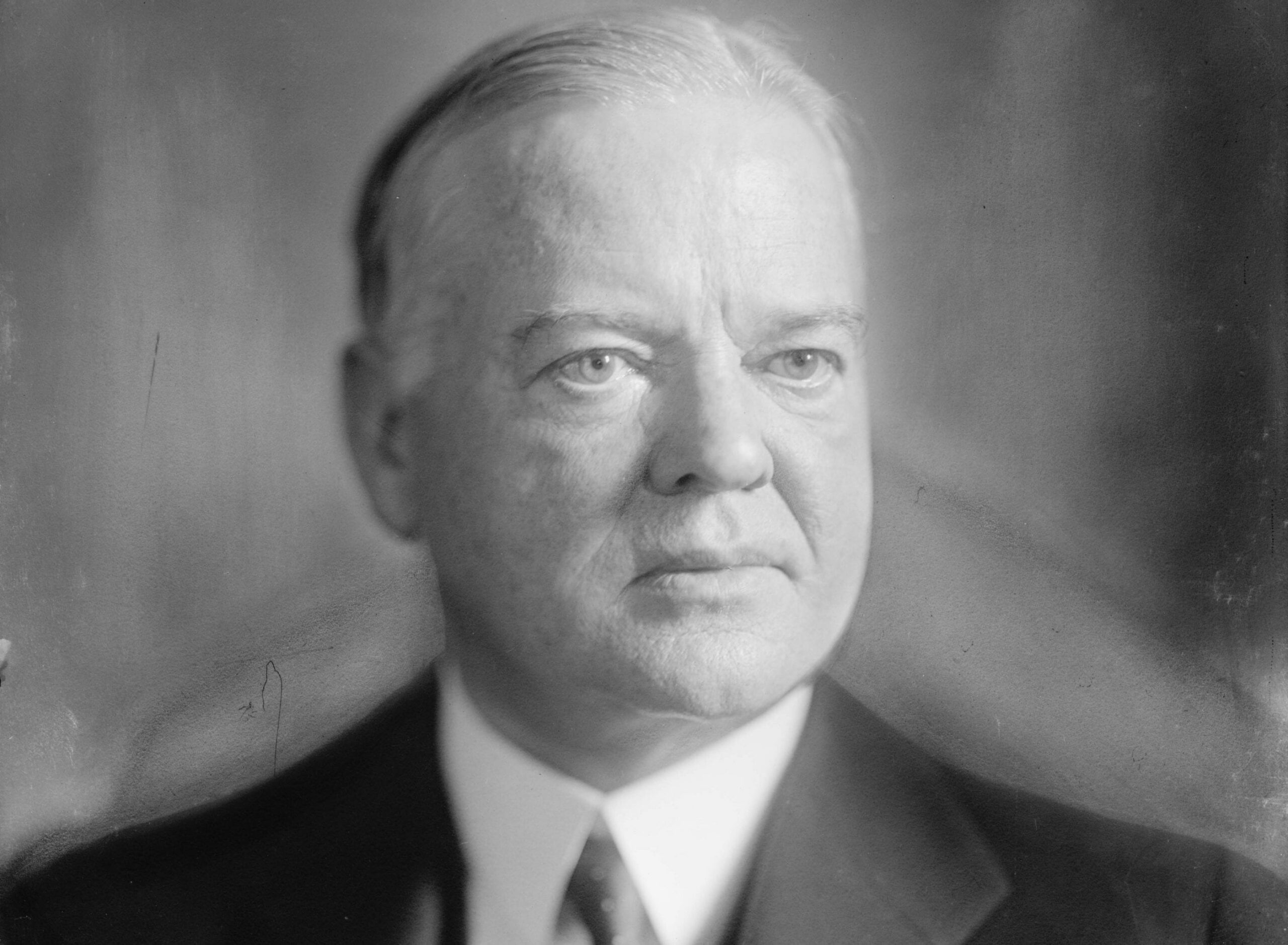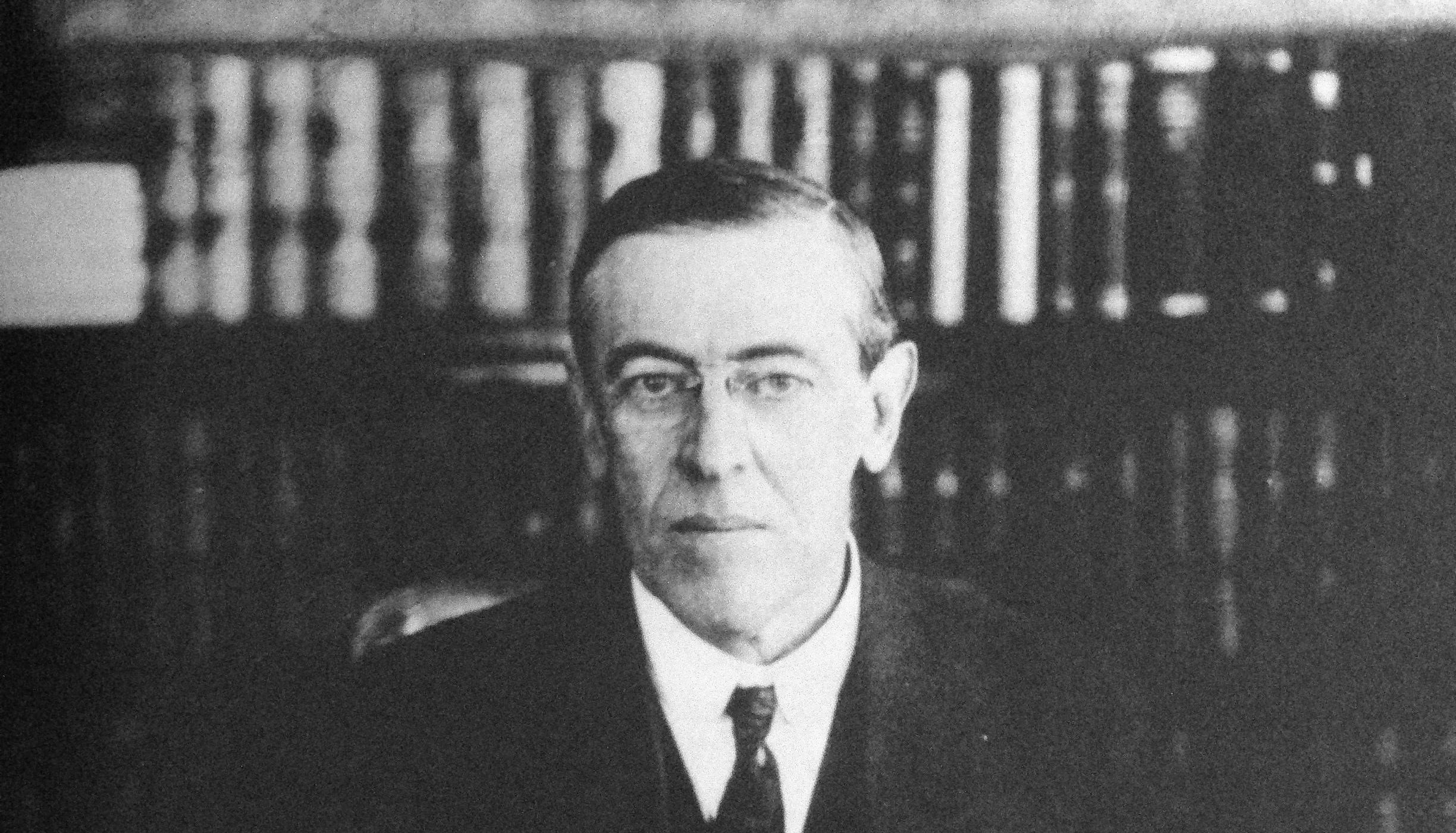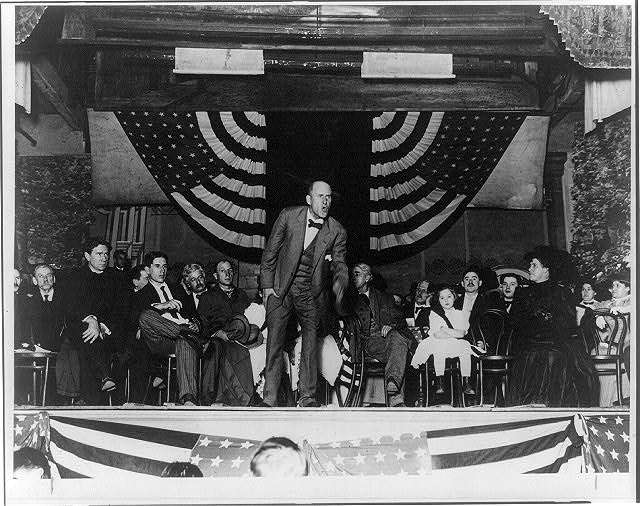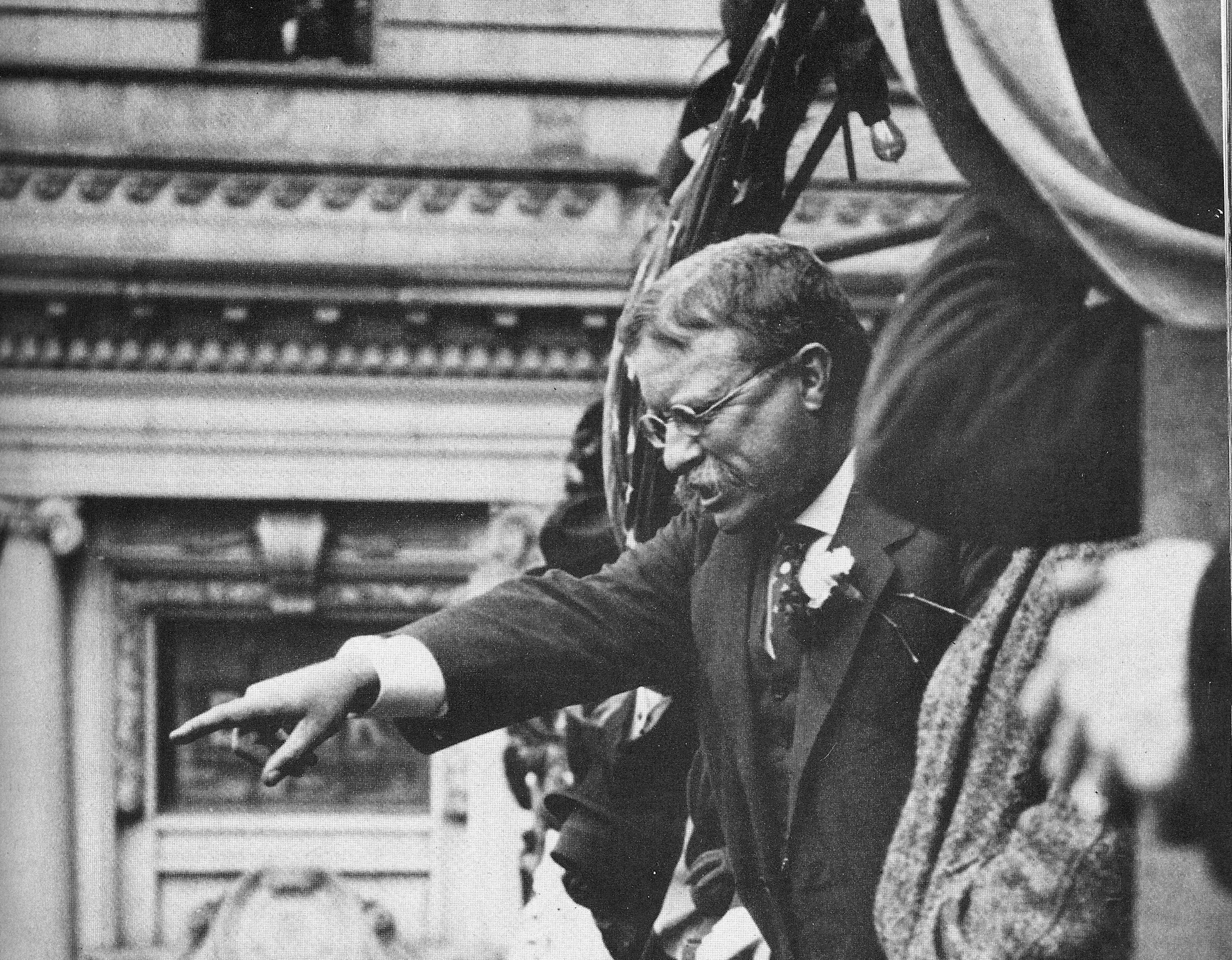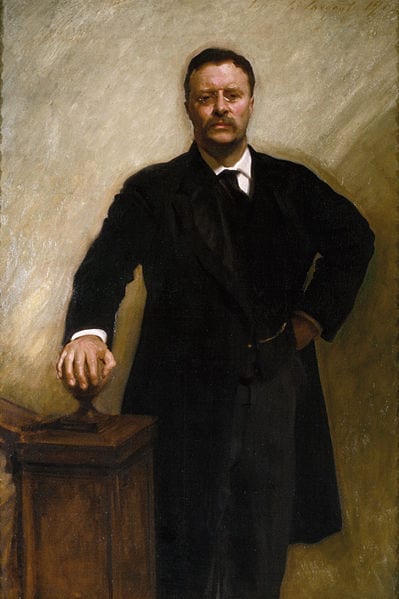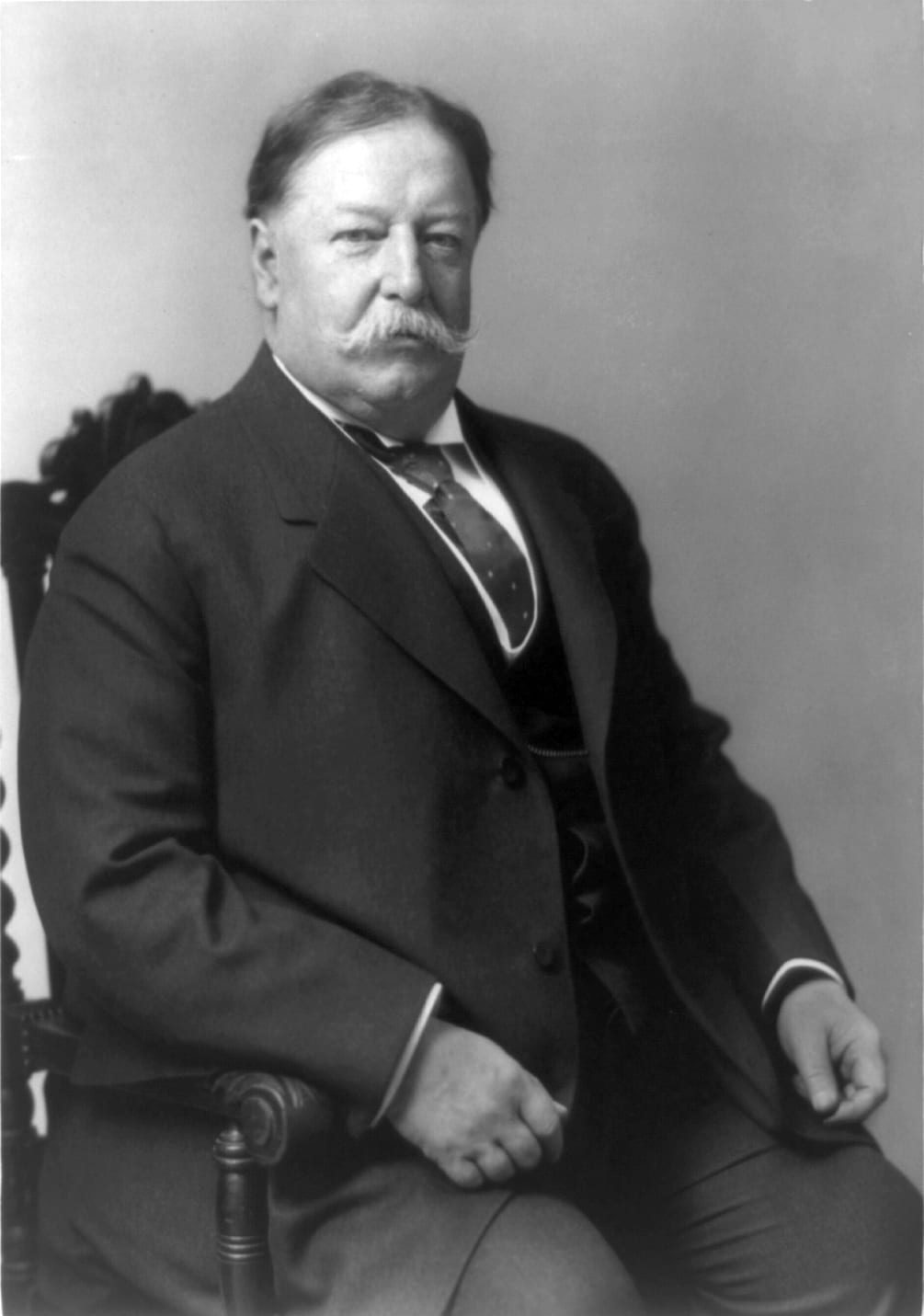
No study questions
No related resources
Fourteen years ago it is said that Northern teachers, in the South for the purpose of teaching in colored schools, were frightened away by the whites from the town of Tuskegee, Alabama. Four years ago the Democratic members of the Alabama legislature from Tuskegee voluntarily offered and had passed by the General Assembly a bill, appropriating $2,000 annually to pay the salaries of teachers in a colored normal school to be located at Tuskegee. At the end of the first session of the school the legislature almost unanimously passed a second bill appropriating an additional $1,000 annually, for the same purpose. About one month ago one of the white citizens of Tuskegee who had at first looked on the school in a cold, distant kind of a way said to me, “I have just been telling the white people that the Negroes are more interested in education than we, and are making more sacrifices to educate themselves.” At the end of our first year’s work, some of the whites said, “We are glad that the Normal School is here because it draws people and makes labor plentiful.” At the close of the second year, several said that the Normal School was beneficial because it increased trade, and at the close of the last session more than one said that the Normal School is a good institution, it is making the colored people in this state better citizens. From the opening of the school to the present, the white citizens of Tuskegee have been among its warmest friends. They have not only given of their money but they are ever ready to suggest and devise plans to build up the institution. When the school was making an effort to start a brick yard, but was without means, one of the merchants donated an outfit of tools. Every white minister in the town has visited the school and given encouraging remarks. When the school was raising money to build our present hall, it occurred to one of the teachers that it would be a good idea to call on the white ladies for contributions in the way of cakes, etc., toward a fair. The result was that almost every lady, called on, gave something and the fair was made up almost entirely of articles given by these friends. A former slaveholder working on a Negro normal school buildings under a Negro master carpenter is a picture that the last few years have made possible.
Any movement for the elevation of the Southern Negro, in order to be successful, must have to a certain extent the cooperation of the Southern whites. They control government and own the property—whatever benefits the black man benefits the white man. The proper education of all the whites will benefit the Negro as much as the education of the Negro will benefit the whites. The Governor of Alabama would probably count it no disgrace to ride in the same railroad coach with a colored man, but the ignorant white man who curries the Governor’s horse would turn up his nose in disgust. The president of a white college in Tuskegee makes a special effort to furnish our young men work that they may be able to remain in school, while the miserable unlettered “brother in white” would say, “You can’t learn a nigger anything.” Brains, property, and character for the Negro will settle the question of civil rights. The best course to pursue in regard to the civil rights bill in the South is to let it alone; let it alone and it will settle itself. Good school teachers and plenty of money to pay them will be more potent in settling the race question than many civil rights bills and investigating committees. A young colored physician went into the city of Montgomery, Alabama, a few months ago to practice his profession—he was the first to professionally enter the ex—Confederate capital. When his white brother physicians found out by a six days’ examination that he had brains enough to pass a better examination, as one of them said, than many of the whites had passed, they gave him a hearty welcome and offered their services to aid him in consultation or in any other way possible—and they are standing manfully up to their promise. Let there be in a community a Negro who by virtue of his superior knowledge of the chemistry of the soil, his acquaintance with the most improved tools and best breeds of stock, can raise fifty bushels of corn to the acre while his white neighbor only raises thirty, and the white man will come to the black man to learn. Further, they will sit down on the same train, in the same coach and on the same seat, to talk about it. Harmony will come in proportion as the black man gets something that the white man wants, whether it be of brains or of material. Some of the county whites looked at first with disfavor on the establishing of a normal school in Tuskegee. It turned out that there was no brick yard in the county; merchants and farmers wanted to build, but bricks must be brought from a distance or they must wait for one house to burn down before building another. The Normal School with student labor started a brick yard. Several kilns of bricks were burned; the whites came from miles around for bricks. From examining bricks they were led to examine the workings of the school. From the discussion of the brick yard came the discussion of Negro education—and thus many of the “old masters” have been led to see and become interested in Negro education. In Tuskegee a Negro mechanic manufactures the best tinware, the best harness, the best boots and shoes, and it is common to see his store crowded with white customers from all over the county. His word or note goes as far as that of the whitest man.
I repeat for emphasis that any work looking towards the permanent improvement of the Negro South must have for one of its aims the fitting of him to live friendly and peaceably with his white neighbors both socially and politically. In spite of all talks of exodus, the Negro’s home is permanently in the South: for coming to the bread—and—meat side of the question, the white man needs the Negro, and the Negro needs the white man. His home being permanently in the South, it is out duty to help him prepare himself to live there an independent, educated citizen.
In order that there may be the broadest development of the colored man and that he may have an unbounded field in which to labor, the two races must be brought to have faith in each other. The teachings of the Negro in various ways for the last twenty years have been rather too much to array him against his white brother than to put the two races in cooperation with each other. Thus Massachusetts supports the Republican party, because the Republican party supports Massachusetts with a protective tariff, but the Negro supports the Republican party simply because Massachusetts does. When the colored man is educated up to the point of reasoning that Massachusetts and Alabama are a long way apart and the conditions of life are very different, and if free trade enables my white neighbor across the street to buy his plows at a cheaper rate it will enable me to do the same thing, then will he be consulted in governmental questions. More than once have I noticed that when the whites were in favor of prohibition the blacks, led even by sober upright ministers, voted against it simply because the whites were in favor of it, and for that reason the blacks said that they knew it was a “Democratic trick.” If the whites vote to levy a tax to build a schoolhouse, it is a signal for the blacks to oppose the measure, simply because the whites favor it. I venture the assertion that the sooner the colored man South learns that one political party is not composed of all angels and the other of all devils, and that all his enemies do not live in his own town or neighborhood, and all his friends in some distant section of the country, the sooner will his educational advantages be enhanced many fold. But matters are gradually changing in this respect. The black man is beginning to find out that there are those even among the Southern whites who desire his elevation. The Negro’s new faith in the white man is being reciprocated in proportion as the Negro is rightly educated. The white brother is beginning to learn by degrees that all Negroes are not liars and chicken thieves. A former owner of seventy—five or one hundred slaves and now a large planter and merchant said to me a few days ago, “I can see every day the change that is coming about. I have on one of my plantations a colored man who can read and write and his is the most valuable man on the farm. In the first place I can trust him to keep the time of the others or with anything else. If a new style of plow or cotton planter is taken on the place, he can understand its construction in half the time that any of the others can.”
My faith is that reforms in the South are to come from within. Southern people have a good deal of human nature. They like to receive the praise of doing good deeds, and they don’t like to obey orders that come from Washington telling them that they must lay aside at once customs that they have followed for centuries, and henceforth there must be but one railroad coach, one hotel, and one schoolhouse for ex—master and ex—slave. IN proof of my first assertion, the railroads in Alabama required colored passengers to pay the same fare as the whites, and then compelled the colored to ride in the smoking car. A committee of leading colored people laid the injustice of the matter before the railroad commissioners of Alabama, who at once ordered that within thirty days every railroad in the State should provide equal but separate accommodations for both races. Every prominent newspaper in the State pronounced it a just decision. Alabama gives $9,000 annually towards the support of colored normal schools. The last legislature increased the annual appropriation for free schools by $100,000, making the total annual appropriation over $500,00, and nearly half of this amount goes to colored schools, and I have for the first time to hear of any distinction being made between the races by any state officer in the distribution of this fund. Why, my friends, more pippins are growing in the South than crab apples, more roses than thorns.
Now, in regard to what I have said about the relations of the two races, there should be no unmanly cowering or stooping to satisfy unreasonable whims of Southern white men, but it is charity and wisdom to keep in mind the two hundred years’ schooling in prejudice against the Negro which the ex—slaveholders are called upon to conquer. A certain class of whites South object to the general education of the colored man on the ground that when he is educated he ceases to do manual labor, and there is no evading the fact that much aid is withheld from Negro education in the South by the states on these grounds. Just here the great mission of industrial education coupled with the mental comes in. It “kills two birds with one stone,” viz.: secures the cooperation of the whites, and does the best possible thing for the black man. An old colored man in a cotton field in the middle of July lifted his eyes toward heaven and said, “De cotton is so grassy, de work is so hard, and de sun am so hot, I believe this darkey am called to preach.” This old man, no doubt, stated the true reason why not a few enter school. Educated the black man, mentally and industrially, and there will be no doubt of his prosperity; for a races who has lived at all, and paid, for the last twenty years, twenty—five and thirty per cent interest on the dollar advanced for food, with almost no education, can certainly take care of itself when educated mentally and industrially.
The Tuskegee Normal School, located in the black belt of Alabama, with an ignorant, degraded Negro population of twenty—five thousand within a radius of twenty miles, has a good chance to see the direct needs of the people; and to get a correct idea of their condition one must leave the towns and go far out into the country, miles from any railroad, where the majority of the people live. They need teachers with not only trained heads and hearts, but with trained hands. Schoolhouses are needed in every township and country. The present wrecks of log cabins and bush harbors, where many of the schools are now taught, must be replaced by comfortable, decent houses. In many schoolhouses rails are used for seats, and often the fire is on the outside of the house, while teacher and scholars are on the inside. Add to this a teacher who can scarcely write his name, and who is as weak mentally as morally, and you then have but a faint idea of the educational condition of many parts of the South. It is the work of Tuskegee, not to send into these places teachers who will stand off and tell the people what to do, or what ought to be done, but to send those who can take hold and show the people how to do. The blacksmiths, carpenters, brickmasons, and tinners, who learned their trades in slavery, are dying out, and slavery having taught the colored boy that labor is a disgrace, few of their places are being filled. The Negro now has a monopoly of the trades in the South, but he can’t hold it unless the young men are taught trades while in school. The large number of educated loafers to be seen around the streets of our large cities furnishes another reason in favor of industrial education. Then the proud fop with his beaver hat, kid gloves, and walking cane, who has done no little to injure the cause of education South, by industrial training, would be brought down to something practical and useful. The Tuskegee Normal School, with a farm of five hundred acres, carpenter’s shop, printing office, blacksmith’s shop, and brick yard for boys, and a sewing department, laundry, flower gardening, and practical housekeeping for girls, is trying to do its part towards furnishing industrial training. We ask help for nothing that we can do for ourselves; nothing is bought that the students can produce. The boys raise the vegetables, have done the painting, made the brick, the chairs, the tables, the desks; have built a stable, a carpenter’s shop, and a blacksmith’s shop. The girls do the entire housekeeping, including the mending, ironing, and washing of the boys’ clothes; besides they make many garments to sell.
The majority of the students are poor and able to pay but little cash for board; consequently the school keeps three points before it: first, to give the student the best mental training; secondly, to furnish him with labor that will be valuable to the school, and that will enable the student to learn something from the labor per se; thirdly, to teach the dignity of labor. A chance to help himself is what we want to give to every student; this is the chance that was given me ten years ago when I entered the Hampton Institute with but fifty cents in my pocket, and it is my only ambition in life to do my part in giving it to every other poor but worthy young man and woman.
As to morals, the Negro is slowly but surely improving. In this he has had no standard by which to shape his character. The masses in too many cases have been judged by their so—called leaders, who are as a rule ignorant, immoral preachers or selfish politicians. The number of these preachers is legion. One church near Tuskegee has a total membership of two hundred, and nineteen of these are preachers.
Poverty and ignorance have affected the black man just as they affect the white man. They have made him untruthful, intemperate, selfish, caused him to steal, to be cheated, and made the outcast of society, and he has aspired to positions which he was not mentally and morally capable of filling. But the day is breaking, and education will bring the complete light. The scales of prejudice are beginning to drop from the eyes of the dominant classes South, and through their clearer and more intelligent vision they are beginning to see and recognize the mighty truth that wealth, happiness, and permanent prosperity will only come in proportion as the hand, head, and heart of both races are educated and Christianized.
Annual Message to Congress (1889)
December 03, 1889
Conversation-based seminars for collegial PD, one-day and multi-day seminars, graduate credit seminars (MA degree), online and in-person.

Our Core Document Collection allows students to read history in the words of those who made it. Available in hard copy and for download.





